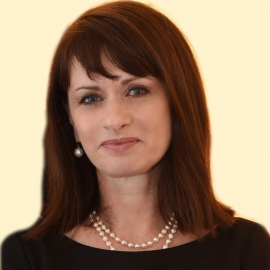Agenda
Lezing Lynn Meskell: Engineering Internationalism. UNESCO’s Victory in Nubia
Presenting her new book A Future in Ruins (Oxford University Press), Lynn Meskell will shed some light on UNESCO, a prescient yet widely opaque institution of global heritage and preservation.
What crystallized in UNESCO’s midcentury mission in Egypt was a material attempt to overcome the fissures that were already appearing in their postwar dream of global peace. Saving Nubia was portrayed as a vast international co-operation with unrivalled grandeur and romance and humanity as a whole could claim its inheritance from Egypt. This would have reinforced UNESCO’s lofty ideals of world citizenship: common humanity in the past paired with a common responsibility for the future. Despite having no initial plan to do so, this meant that UNESCO had to embrace large-scale and transnational archaeology, bringing archaeological research into a monumental project with a predominantly conservation agenda.
In spite of the fact that a great deal has been written about UNESCO’s Nubian Campaign, in her talk, Lynn Meskell will propose a new interpretation of events. By recentering UNESCO’s original utopian promise, coupled with its technocratic counterpart international assistance, then adding the challenge of a ‘one world’ archaeology focused on the greatest civilization of the ancient world, there might be a new slant on a future in ruins.
Lynn Meskell is Professor in the Department of Anthropology at Stanford University, former Director of the Stanford Archaeology Center, and Honorary Professor in the School of Geography, Archaeology and Environmental Studies at the University of the Witwatersrand, Johannesburg, South Africa. She is a Fellow of the Australian Academy of the Humanities. She is the founding editor of the Journal of Social Archaeology. Her latest book A Future in Ruins: UNESCO, World Heritage, and the Dream of Peace (2018, OUP New York), reveals UNESCO’s early forays into a one-world archaeology and its later commitments to global heritage. 

